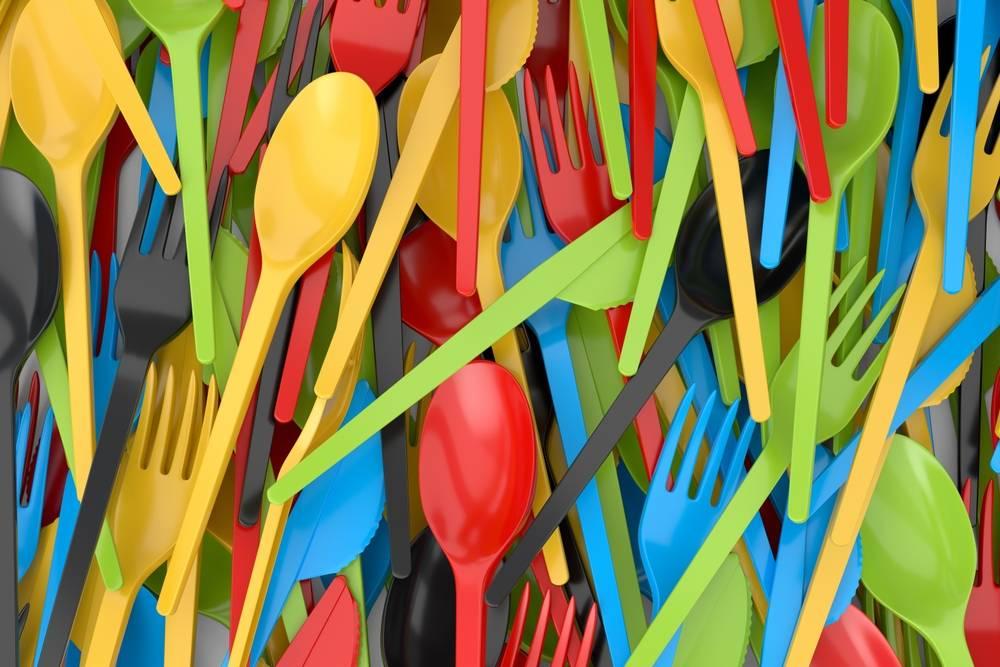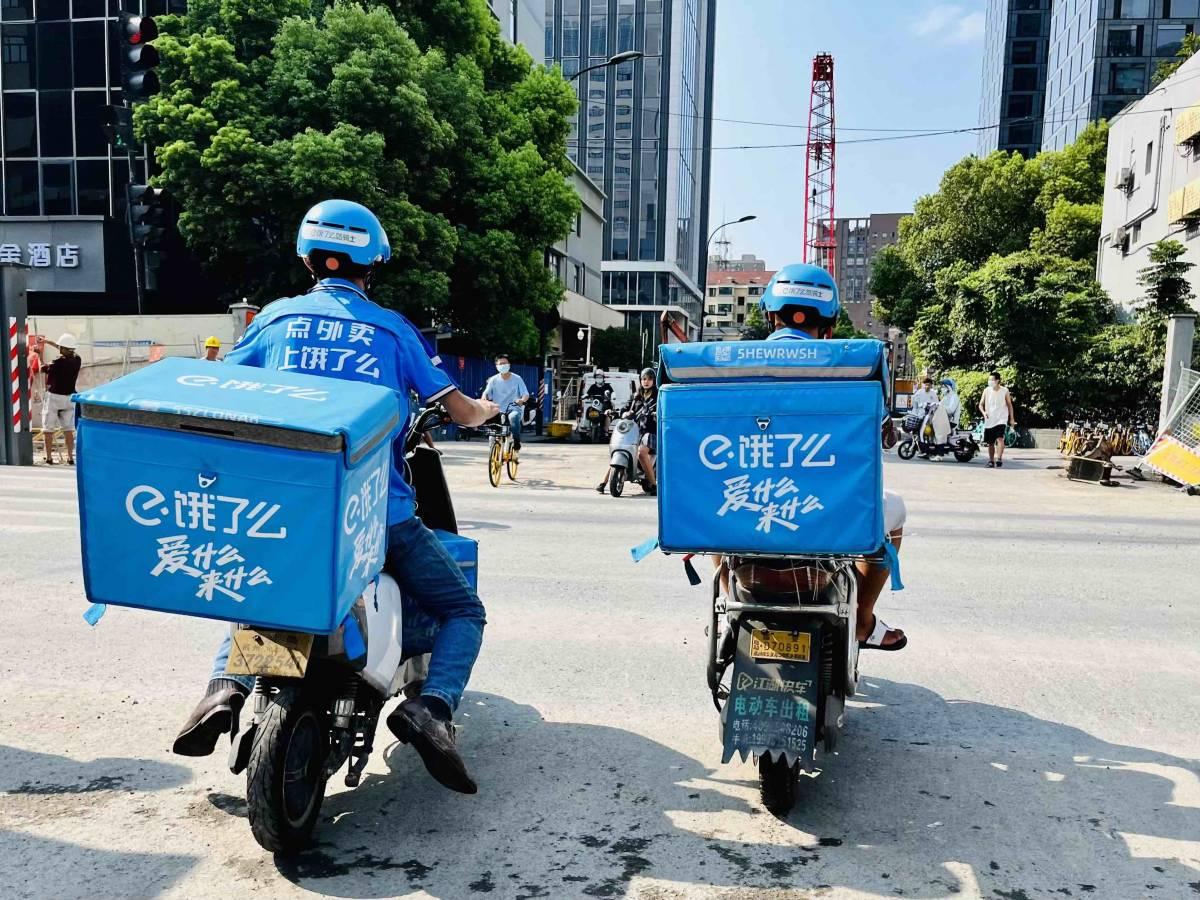How One Food-Delivery App Cut Single-Use Plastic With a Tweak
By Alison Tudor Ackroyd
- A tweak to Ele.me’s interface cut single-use cutlery by 648% between 2019-2020: study
- Academics urge widespread adoption of such green nudges to reduce plastic waste
Small lifestyle changes can make a big impact when adopted at scale. In China, the country of big numbers, the results can be dramatic when consumers make greener choices.
Economists explored how businesses in the world’s second-biggest economy can gently “nudge” online shoppers to become eco-friendlier without losing out to polluting competitors.
The study focused on reducing plastic and deforestation as urgent concerns. In 2021, more than 400 million metric tons of plastic waste were produced worldwide. In 2022, the world lost 22.8 million hectares of tree cover, roughly the size of Romania.
The team worked with China-based Ele.me to study how turning the default option on app to “no cutlery” would alter consumer behavior when they ordered a food delivery. A set of utensils in China typically includes a plastic fork, spoon, a pair of wooden chopsticks and a napkin, creating plastic waste and consuming trees.
Ele.me’s nudge succeeded in pushing up the share of utensil-free food deliveries by 648% versus a control group, all at a minimal cost to Ele.me, a unit of Hangzhou-based Alibaba Group.
The study estimated that if the entire food-delivery industry in China nudged consumers in a greener direction it would save over 21.75 billion sets of single-use cutlery annually, equal to 3.26 million metric tons of plastic waste and 5.44 million trees.
“Nudges can be a powerful tool to change behaviors,” concluded the study, which appeared in Science magazine this month.
Shaping Habits
“Great acts are made up of small deeds,” a quote attributed to Chinese Taoist philosopher Laozi, captures the thinking globally among policymakers and in boardrooms on our collective task of cutting pollution.
The challenge is figuring out how to shape consumer behavior. Research suggests choices do not always result from knowledge but also from habit and surroundings.
Ele.me’s approach was to change the user journey. It set the default option in a pop-up window on its interface to “no cutlery” and awarded points to users who stuck with the setting. Users could redeem the points via a project run by Alibaba’s affiliate Ant Group, whereby the points grow into a virtual tree on the user’s app, which Alipay matches by planting a real tree.
The study compared the behavior of 197,062 randomly selected Ele.me users’ monthly food-ordering history. The exercise spanned Beijing, Shanghai, and Tianjin between 2019 and 2020, where the “nudge” was applied, against a group of seven control cities before and after the introduction of nudges.
When the results came in, the researchers found they had detected a potentially game-changing business strategy. The nudges, on average, increased an individual’s share of no-cutlery orders by 20.1 percentage points, a 648% increase relative to the baseline group.
While parsing the numbers for insights, they found that green nudges incentivized a large portion of individuals to somewhat change their behaviors rather than encouraging only a small portion to change their behaviors substantially. The study also found that women, older generations, frequent food-delivery service users, and the wealthy were more responsive to a nudge.
The study estimated that the nudges reduced cutlery use by over 225.33 million sets in 27 months. This implies the nudge may have prevented the generation of 4,506.52 metric tons of waste and saved 56,333 trees. Further, if all the green points rewarded were used to plant trees, 112,665 additional trees could have been planted by Alibaba.
Please refer to https://www.alizila.com/esg/ for additional information about Alibaba’s sustainability efforts.
View original content here.




